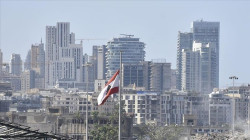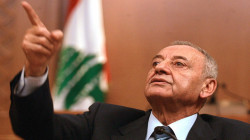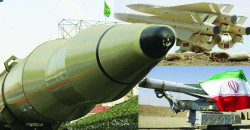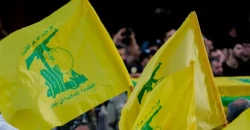Biden administration imposes sanctions on network funding Lebanese Hezbollah
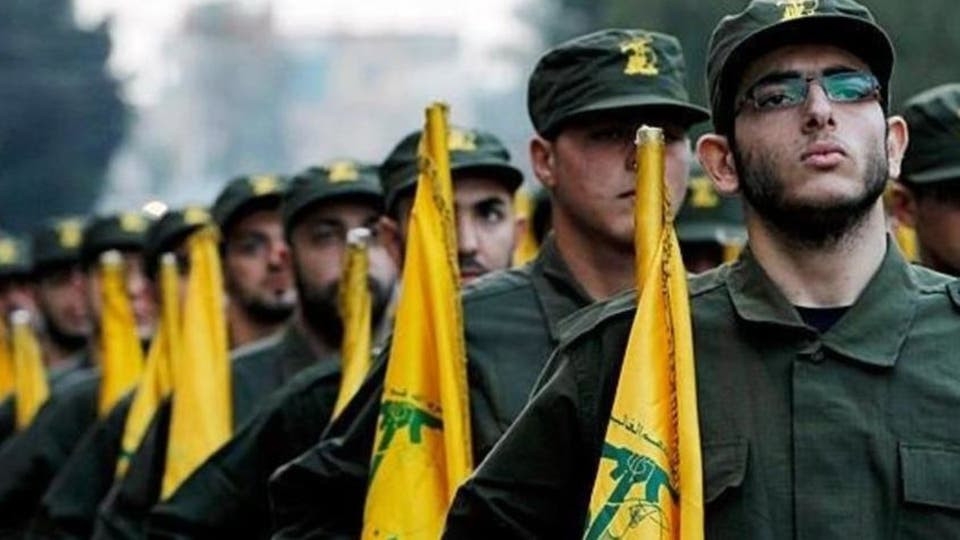
Shafaq News/ The Biden administration has imposed sanctions on a Lebanese network accused of smuggling oil and liquefied petroleum gas (LPG) to fund Hezbollah.
The US Treasury Department's Office of Foreign Assets Control (OFAC) targeted three individuals, five companies, and two vessels involved in these operations, which generate revenue for Hezbollah.
According to a statement released by the US Treasury, this smuggling network, "composed of Lebanese businessmen and companies overseen by a senior Hezbollah financial leader, facilitated dozens of LPG shipments to the Syrian government, with the profits funneled to Hezbollah. These illicit activities reportedly generate hundreds of millions of dollars, supporting Hezbollah's operations."
Acting Under Secretary of Treasury for Terrorism and Financial Intelligence, Bradley T. Smith, commented, "Hezbollah continues to launch rockets at Israel and fuel regional unrest, prioritizing financing violence over caring for those it claims to protect, including tens of thousands of displaced individuals in southern Lebanon." He affirmed that the Treasury would continue to disrupt Hezbollah's oil smuggling networks and other financial operations that support its military activities.
Hezbollah has been classified as a terrorist organization by the US State Department since October 31, 2001. The US Treasury has consistently targeted individuals and networks tied to Hezbollah's financing, including those generating crucial revenue for the group.
According to the statement, prominent Hezbollah officials involved in these efforts include Mohammad Qasir and Mohammad Qasim al-Bazal, who oversee a channel for transporting LPG and other petroleum derivatives on behalf of Hezbollah, receiving direct payments for the sales.
On May 15, 2018, the Office of Foreign Assets Control (OFAC) designated Qasir for his work for or on behalf of Hezbollah, serving as a key financial conduit between Iran's Quds Force and Hezbollah. On November 20, 2018, OFAC also designated al-Bazal, Qasir's partner, for his support of Hezbollah.
OFAC has taken a series of actions targeting Hezbollah’s oil smuggling operations, including a January 31, 2024 action that targeted a network of Hezbollah and Iran’s Quds Force. This network generated hundreds of millions of dollars in revenue by selling Iranian goods, including oil, mostly to the Syrian government.
The statement explained that the network sanctioned today includes another high-ranking Hezbollah finance team official, along with two Lebanese businessmen who provide a seemingly legitimate front to facilitate Hezbollah’s oil smuggling efforts. This network facilitated dozens of LPG shipments to the Syrian government, working with Syrian regime official Yasser Ibrahim, who was designated by the U.S. State Department on August 20, 2020, for his role in corrupt business deals benefiting Syrian President Assad.
As of late 2023, Hezbollah official Mohammad Ibrahim Habib Al-Sayyid took over some of Hezbollah’s business operations from Bazal. Al-Sayyid previously traveled with al-Bazal to Southeast Asia to coordinate potential oil deals for Hezbollah’s finance team. He also acted as an intermediary between al-Bazal and Lebanese businessman Ali Naif Zogheib on an oil project at a refinery site in al-Zahrani, Lebanon.
According to the Treasury, Zogheib, an expert in oil chemistry, has provided behind-the-scenes advice and assistance to Hezbollah’s finance team since at least late 2019. He met with Qasir and al-Bazal to coordinate their activities and secured storage tanks, possibly for oil, on behalf of Hezbollah.
The statement confirmed that Qasir and al-Bazal, as senior Hezbollah officials, profited from LPG deals with Zogheib. Zogheib also met with at least one Hezbollah-affiliated Lebanese parliamentarian to discuss funding Hezbollah’s oil projects. Additionally, he coordinated with Hezbollah financier Mohammad Ibrahim Bazzi on commercial negotiations. Bazzi was designated by OFAC on May 17, 2018, for his support of Hezbollah.
Lebanese businessman Boutros George Obeid is also involved in Hezbollah’s energy deals and co-owns several companies with Zogheib, according to the statement.
As a result, Al-Sayyid, Zogheib, and Obeid were designated for materially assisting, sponsoring, or providing financial or technological support, goods, or services to Hezbollah.
The US Treasury also designated the European Lebanese Company for International Trade, represented by al-Bazal, which was responsible for dozens of LPG shipments made by the LPG carriers "Alpha" and "Marina" to the Syrian port of Banias on behalf of the company "Haqool." Haqool was designated on September 4, 2019, for being owned or controlled by al-Bazal.
The Treasury explained that al-Bazal used the company "Elite" to cover operating expenses for the shipping companies operating the vessels "Alpha" and "Marina." Consequently, "Elite," "Alpha," and "Marina" were all designated as properties in which Hezbollah has an interest.

